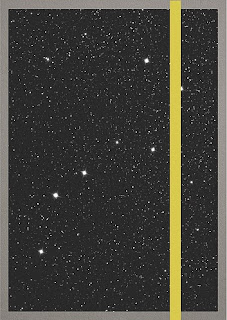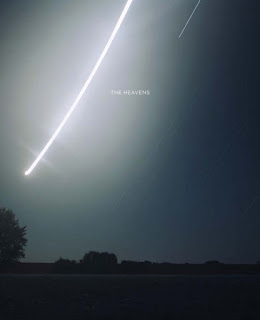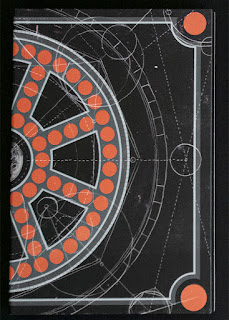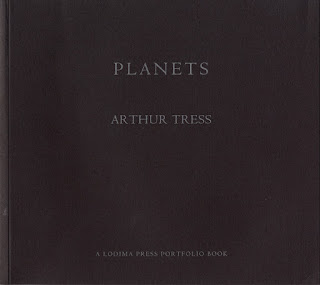
July 20th marks the 50th Anniversary of the Apollo 11 Moon Landing. In recognition of this historic event we will be featuring our favorite moon and space-related books throughout the week in addition to our normal newsletter content.
These staples for every cosmic collection continuously remind us to turn our gaze up, towards the heavens.
Christina de Middel
In 1964 a Zambian science teacher named Edwuard Makuka decided to train the first African crew to travel to the moon. His plan was to use an alluminium rocket to put a woman, two cats and a missionary into Space.
First the moon, then Mars, using a catapult system. He founded the Zambia National Academy of Science, Space Research and Astronomical Research to start training his Afronauts in his headquarters located only 20 miles from Lusaka.
Barbara Bosworth
The Heavens focuses on Boston-based photographer Barbara Bosworth's (born 1953) images of the moon, sun and sky.
Made over the past several years with an 8x10 camera, the star images are hour-long exposures with the camera mounted on a clock drive so that the stars are rendered as dots instead of streaks. The sun and moon images are made with a telescope attached to Bosworth's camera.
Evan Backes & Tom Adler
The photographs in The Moon 1968–1972 are fascinating documents of the majesty of outer space, but also record the surface of the moon as a landscape of wonder.
This is the moon of which E.B. White wrote in the July 1969 issue of The New Yorker: “The moon, it turns out, is a great place for men. One-sixth gravity must be a lot of fun, and when Armstrong and Aldrin went into their bouncy little dance, like two happy children, it was a moment not only of triumph but of gaity.”
Moon Atlas
Luca Missoni
Moon Atlas is structured in two sections: a photographic study of the moon in each of its phases, followed by playful renderings of the moon in various colors and compositions, highlighting the tension between the bright visible face and the hidden dark side.
The result is Missoni's personal interpretation of our closest heavenly body as a beautiful book capturing the obsession of artists throughout history.
Guilherme Gerais
Intergalático, the published debut of Guilherme Gerais, is a visually based literary essay. Comprising a narrative in black and white and filled with photographs, illustrations, and small tracings, the book is presented as a map, a guide, a trail to a ritualistic journey, but with an enigmatic starting point: a missing space.
The book uses as it's narrative structure a fictional board game and the correspondence of an unknown character with this game.
Hanns Zischler & Jean-Pierre Bibring
In 2004 the European Space Agency decided to send the Rosetta probe to study the 67P comet Churyumov Gerasimenko. After a ten-year voyage, the probe entered the comet’s orbit and stayed there for 18 months — a first in the history of space conquest.
Among the important data collected by the Rosetta probe were scores of incredible new photographs of the comet — presented here in an extraordinary book.
Planets
Arthur Tress
"I ask you to tour with me on a globally positioned satellite, making an interstellar journey across vast galaxies through the floating camera's telescopic porthole, spanning light years, orbiting the vast reaches of the cosmos..."
— Arthur Tress
Nadine Schlieper & Robert Pufleb
"Setting off on the imaginative journey through fictitious space by browsing the pages of the photobook, the viewer is confronted with a surprising fact on the very last page – turning the reception of the whole book upside down.
You are welcome to join the space trip, feel free to discover formerly unseen images of mysterious moons from an unknown galaxy, as the dawn of reality is catching up behind the scenes."
— Nadine Schlieper
Mikhail Mishin
This image contains this moment and all moments, past and future, all the wisdom and life. The subject instantly recognizable, yet unfathomably distant.
This essential icon of Apollo 17's 'Blue Marble' is not reality though. What is clearly shown is that this is only a representation of all that we know and hold true. What represents our existence has been physically removed from its surroundings.
Its artificiality is more apparent when contrasted with the physical proof of a hand that modified the picture. The picture that represents the reality it exists within.


















